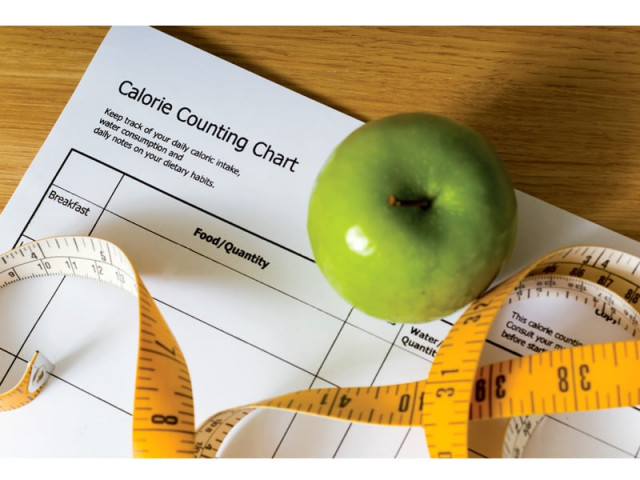Know your calories
Ignorance about nutrient content continues to spoil diet plans.

As the new year kicks in, everyone — from aunties and uncles wanting to lose their bulging tummies to teenagers wanting to get rid of their baby fat — will have ‘losing weight’ at the top of their priority list.
Reasons for undergoing the long and painful process differ from health issues to fancying the ‘dream figure’. While everyone starts off their diets with good intentions, many give in to temptation and devour that bag of chips or triple chocolate brownies.
However, even those who do manage to stay on track sometimes fail to lose weight because they do not know the number of calories they are putting into their system. This not only makes their weight-loss plans impossible but also puts them at the risk of some serious diseases like cancer, diabetes or heart ailments, reports IANS quoting a recent study.
According to a survey commissioned for World Cancer Research Fund (WCRF) in Britain, two-thirds of adults underestimated the level of calories in foods such as hummus and so-called ‘light’ mayonnaise even though, in reality, both hummus and ‘light’ mayonnaise are actually high-calorie foods. This goes to show how there is a troubling lack of understanding about the calorie content of foods and also highlights the confusion that exists about terms such as ‘light’ or ‘reduced fat’. Many confuse terms like ‘low fat’, ‘low sodium’ with ‘low calories’, not realising that all three are completely different.
Additionally, the study also revealed that a fifth — 20 per cent — of the 2,128 adults who were questioned thought bananas were high in calories even though the fruit contains just 95 calories per 100g on average. If people are unaware of the nutrient content of their food intake – or are misguided about what the nutrient content signifies — then it makes it even more difficult to adopt a diet that can help maintain a healthy weight.
Here are some common misconceptions about the nutrient content in food.
Low-fat does not mean low-calorie
Many foods that are advertised as ‘low-fat’ are still high in carbohydrates sugar, and calories.
Reduced sodium does not necessarily mean low in sodium
To include ‘reduced sodium’ on labels, foods only need to have 25 percent less sodium than the standard version of the same foods. Some foods described as ‘reduced sodium’ still have high quantities of sodium per serving.
Low calorie foods still contain calories
To be described as ‘low calorie’, foods can contain up to 40 calories per serving. Meals and main dishes that are low calorie contain less than 120 calories per 100 g serving. Some may not offer any real nutrition either, reports .livestrong.com.
Reduced fat does not necessarily mean low in fat
To include ‘reduced fat’ on labels, foods only need to have 25 per cent less fat than the standard version of the same foods. Some foods described as ‘reduced fat’ still have high quantities of fat per serving.
Whether one is on a diet or not, it’s important to remember that nutrition labels serve to inform the ignorant about the contents of the food – including details of calories, protein, carbohydrate and fat — but they can be misleading if not read with close observation.
(With additional information from IANS and fitday.com)
Published in The Express Tribune, January 12th, 2012.



















COMMENTS
Comments are moderated and generally will be posted if they are on-topic and not abusive.
For more information, please see our Comments FAQ